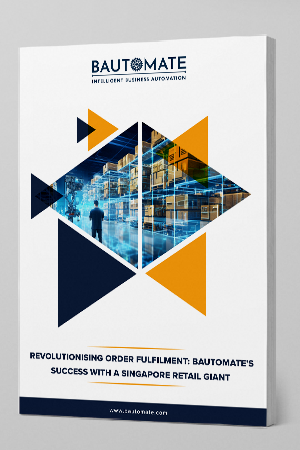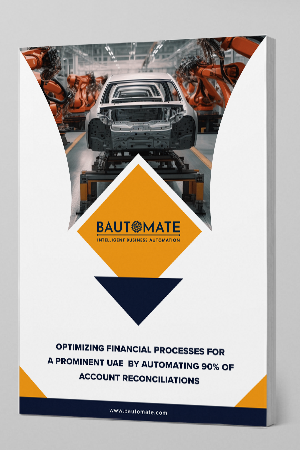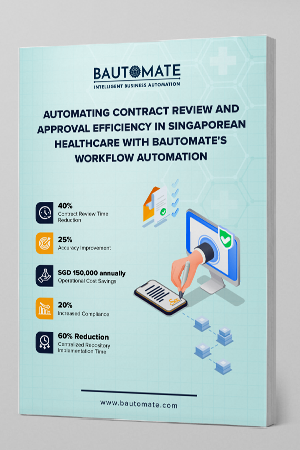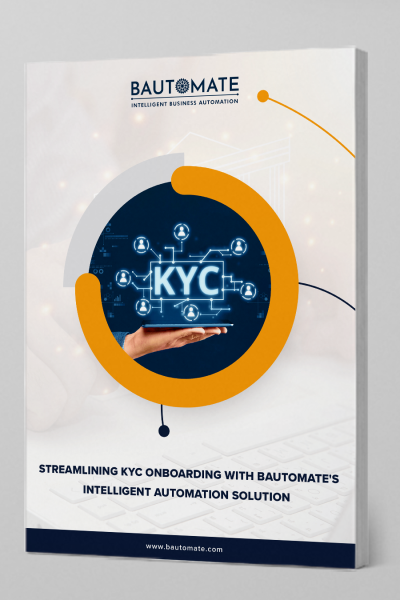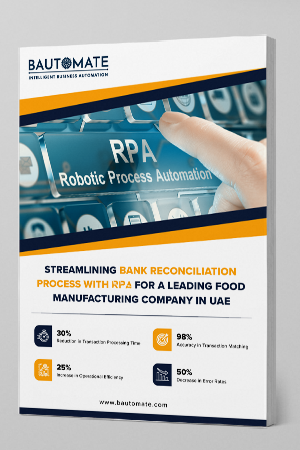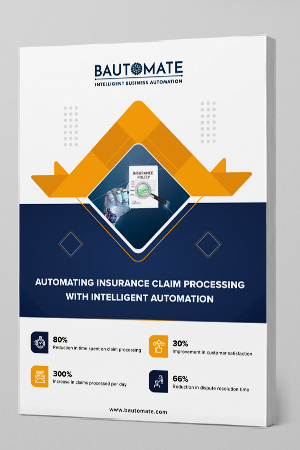
In the current business environment, executives expect IVR managers to provide solutions in short periods and reduce the time they have to conduct tests. However, a shorter period will mean that more issues might crop up in the IVR system affecting the user experience.
IVR is the condensation for Interactive Voice Response System. The best open-source IVR automation testing tools could transform companies; these tools assist in solving several issues with IVR testing. Open-source IVR automated testing tools aid companies in evaluating the effectiveness and performance of the IVR application.
What is IVR Stress Testing?
IVR Stress testing can be described as a performance test utilized to evaluate how an IVR system performs under high load for a specific time. IVR stress testing is crucial as it helps find any possible issues with the IVR system before going live. This kind of testing will ensure that your IVR can handle a significant amount of calls without any issues for a period of time.
How Does Stress Testing Work?
- IVR testing allows you to stress test the systems and ensure that they work even in the direst scenarios, all in quick intervals. This way, you can reduce the time spent testing to a minimum while providing viable customer service.
- Various factors can be tested in IVR stress tests, including call volume, duration, and frequency. This type of test can help identify any possible bottlenecks within the IVR system to be dealt with before the system is live
- Stress testing functions similarly, and is also related to IVR call flow. Sometimes referred to as peak traffic testing, IVR stress tests confirm that IVR systems have been designed to withstand extreme levels of traffic, measured by two different methods – the maximum amount of simultaneous calls and the maximum call arrival and teardown speed. The difference is that stress testing aims to test whether the system can endure periods of high demand exceeding normal levels.
Dropping calls is a common occurrence, but why?
Customers become annoyed when they are asked to repeat their problems and provide personal information to IVR repeatedly. For many reasons, customers may disconnect their phone calls before speaking with IVR. Some of them include –
- The waiting time to receive a response from an IVR on the interactive voice reply (IVR) queue was long, and no explanation was given by the company.
- A customer was simultaneously looking for a solution and found it themselves before a live agent could assist
- Because of an unpleasant experience they had with an IVR system the last time they called, the caller was not interested.
So, If call abandonment rates are high, what is the solution?
You can handle more calls and offer better customer service by lowering your call abandonment rate. Long wait times can have a negative effect on customer satisfaction and could eventually lead to customer loss. Here is the best part – Bautomate IVR Testing automation tools perform hundreds of test cases and record the performance of the IVR system to provide the best customer experience.
Getting a customized proposal based on your unique business needs is just a phone call away!
In Summary
The main benefit of IVR for companies is that it can save time and costs. IVR will ensure that every customer is cared for and provided with the required assistance without wasting precious resources. An efficient IVR testing system like Bautomate IVR testing will make an IVR experience effective every time. It will provide your customer’s answers each time and inform you of any issues before they encounter them.






